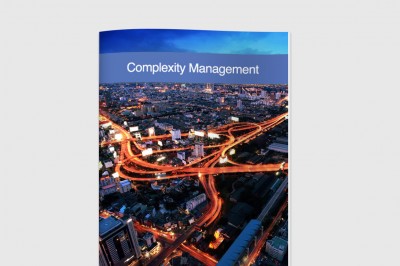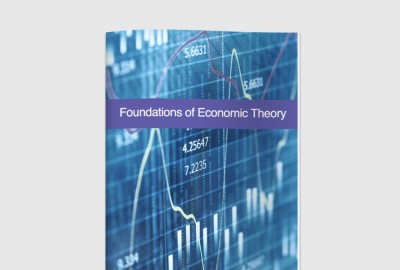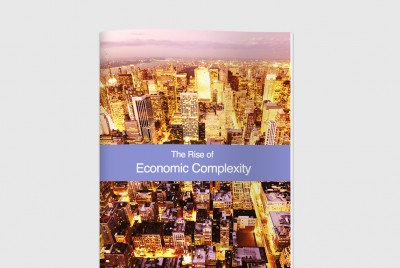Full Cost Economy
Full cost accounting refers to accounting for the complete cost or benefit of some product or service in terms of its social, economic and environmental impacts. It represents an expansion of our traditional accounting systems to incorporate the full set of impacts relating to a given economic activity. Our traditional accounting systems are designed to account for what economists call utility. But utility and monetary value only account for what something is worth to an individual, it does not account for its cost or value to the whole of society or ecosystem.
Many activities have both positive and negative externalities full cost accounting attempts to capture, quantify these externalities and build them back into the markets. In so doing it tries to expand our traditional conception of value beyond just utility to include the value added or subtracted from the whole organization, the whole of society, the whole economy or the whole of an ecosystem. Full cost accounting is accounting for the whole, not just the specific parts that may have immediate utility. Full cost accounting is a new approach to managing common natural and social resources that are required for sustainable development through markets that account for all costs in involved thus attempting to make economies self-sustaining and self-regulating.
In this paper, we look at the broader economic context surrounding full cost accounting and why it is of particular relevance in the age of globalization and the Anthropocene. We look at some of the effects it will have on our economies as it transforms them into a more multidimensional form in the coming decades.
Publish Date: 4-1-2017
Length: 13 pages
Type: Environment Insight










